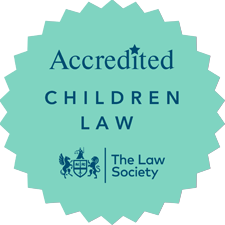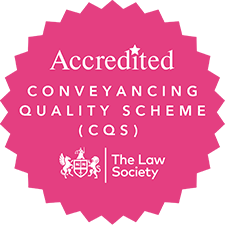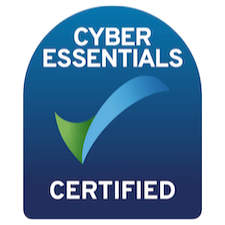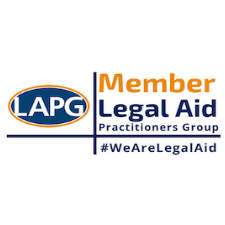Under Section 46 of the Children Act 1989, the police have specific emergency protection powers that allow them to remove a child from their parents’ care without consent. This step can only be taken when a police officer has reasonable grounds to believe the child is at immediate risk of suffering significant harm.
In such cases, the child will be placed in a safe environment, which may include:
- Staying with a relative.
- Being accommodated in local authority-approved care, such as a foster placement.
The police powers to remove a child are temporary and aim to safeguard the child’s immediate welfare while further investigations take place.
What powers do police have to remove children?
Under Section 46 of the Children Act 1989, police officers can exercise emergency protection powers when:
- There are reasonable grounds to believe a child is at risk of significant harm.
- No other protective measures are appropriate or available.
- Prior consultation with Children’s Social Work Service has occurred where possible.
Key points about these powers include:
- The child can remain under police child protection for a maximum of 72 hours.
- Parental responsibility is not affected, but the police can restrict contact to safeguard the child.
- These powers do not automatically grant police entry to premises.
- A Designated Officer must be appointed to review the case regularly.
The decision to remove a child is not taken lightly and is only implemented when the officer feels it is necessary for the child’s safety.
On what grounds can a child be taken away from its mother or father?
A child can be taken away from its parents if there are reasonable grounds to believe the child is at risk of suffering significant harm.
Examples of circumstances where a child might be removed include:
- Evidence of physical, emotional, or sexual abuse.
- Severe neglect impacting the child’s health or development.
- Exposure to domestic violence, substance misuse, or dangerous environments.
- The parent is unable to care for the child due to mental health issues or other vulnerabilities.
The police and social services must act in the best interests of the child, ensuring their immediate safety while initiating further assessments and investigations.
Under what circumstances can a child be taken into care?
A child can be taken away from parents into care when it is determined that they are at significant risk of harm in their current living situation. This may happen under the following circumstances:
- Emergency Protection Orders (Section 44 of the Children Act 1989):
Social services apply to the court to remove a child from immediate danger. - Police Protection Powers (Section 46 of the Children Act 1989):
Police officers remove the child temporarily for up to 72 hours without a Court order. - Care Orders:
The local authority takes parental responsibility and accommodates the child for their protection. - Section 20 Agreements:
Parents voluntarily agree for the child to be placed in care while investigations are ongoing.
The legal threshold for removing a child into care is high, and decisions are made with the child’s welfare as the paramount concern.
What is Section 44 of the Children Act?
Section 44 of the Children Act 1989 relates to Emergency Protection Orders (EPOs). An EPO allows the local authority or another authorised applicant to remove a child from their home or prevent them from being taken out of a safe location.
Key aspects of Section 44 include:
- The EPO is granted by the Court if there is evidence of an immediate risk of harm to the child.
- The order lasts for a maximum of 8 days but can be extended by a further 7 days.
- An EPO gives the applicant parental responsibility for the child, allowing them to take urgent steps for their protection.
Section 44 works alongside Section 46, ensuring swift legal action when a child’s safety is at stake.
It is important to understand the distinction between Section 44 Emergency Protection Orders and police protection powers.
- EPOs require Court approval.
- Police protection is an emergency power that does not require court authorisation.
- EPOs grant parental responsibility to the applicant, while police protection does not.
- Both are temporary measures designed to protect children at immediate risk.
How to win your child back from social services in the UK?
If your child has been taken into care or placed under police protection, it is essential to seek expert legal advice immediately. Steps to take include:
- Cooperate fully with social services and the Courts during the investigation.
- Provide evidence showing that you can meet your child’s physical, emotional, and developmental needs.
- Attend all hearings and assessments to demonstrate your willingness to work with professionals.
- Obtain legal representation to ensure your rights are protected and your case is presented effectively.
An experienced solicitor specialising in child care issues can guide you through the process and help you take the necessary steps to bring your child home.
Speak to our solicitors today
If the police have removed your child from your care or you are facing issues involving police child protection, our experienced child care solicitors at Johnson Astills are here to help.
We provide expert advice and representation for:
- Police protection cases.
- Emergency Protection Orders and Care Orders.
- Parental rights and responsibilities.
Contact us today for advice or to find out more about our services by giving us a call at your local branch in Leicester or Loughborough, or by filling in our online enquiry form.









